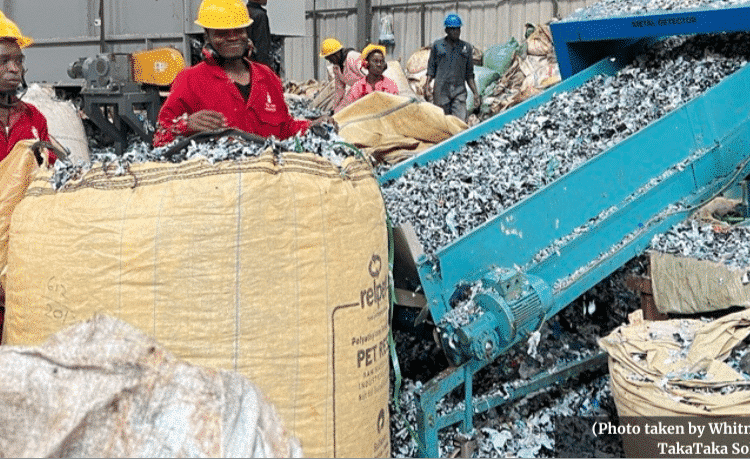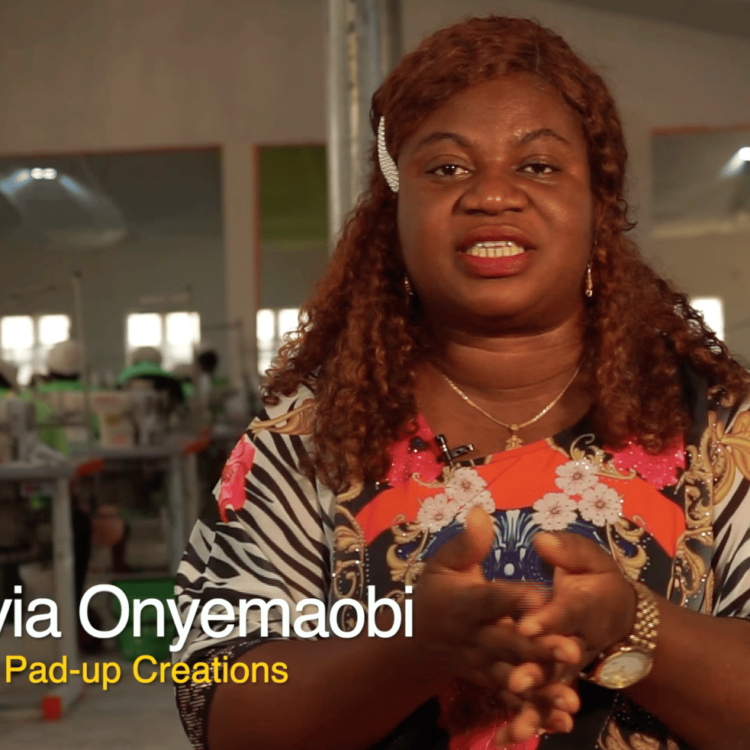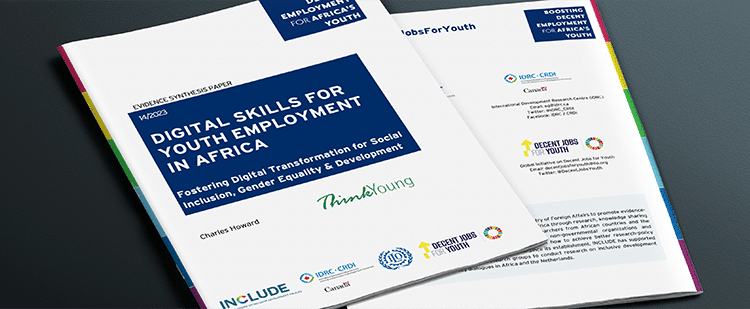
The private sector is increasingly being considered a significant player in shaping the global development agenda. Many countries, with the Netherlands as one of the frontrunners, are shifting their development policies from aid to trade and are looking at how the private sector can play a role in promoting sustainable trade and investment in developing countries. Companies can contribute to (inclusive) development mainly by creating productive employment, as well as through their corporate social responsibility (CSR) programmes. However, in many cases, big investors are also expected to provide necessary infrastructure and social projects, especially in remote areas. Despite overarching agreement on the importance of the private sector, studies on its impact (including of CSR programmes) on inclusive development in developing countries, particularly in Africa, is scarce. This research aspires to close this gap.




